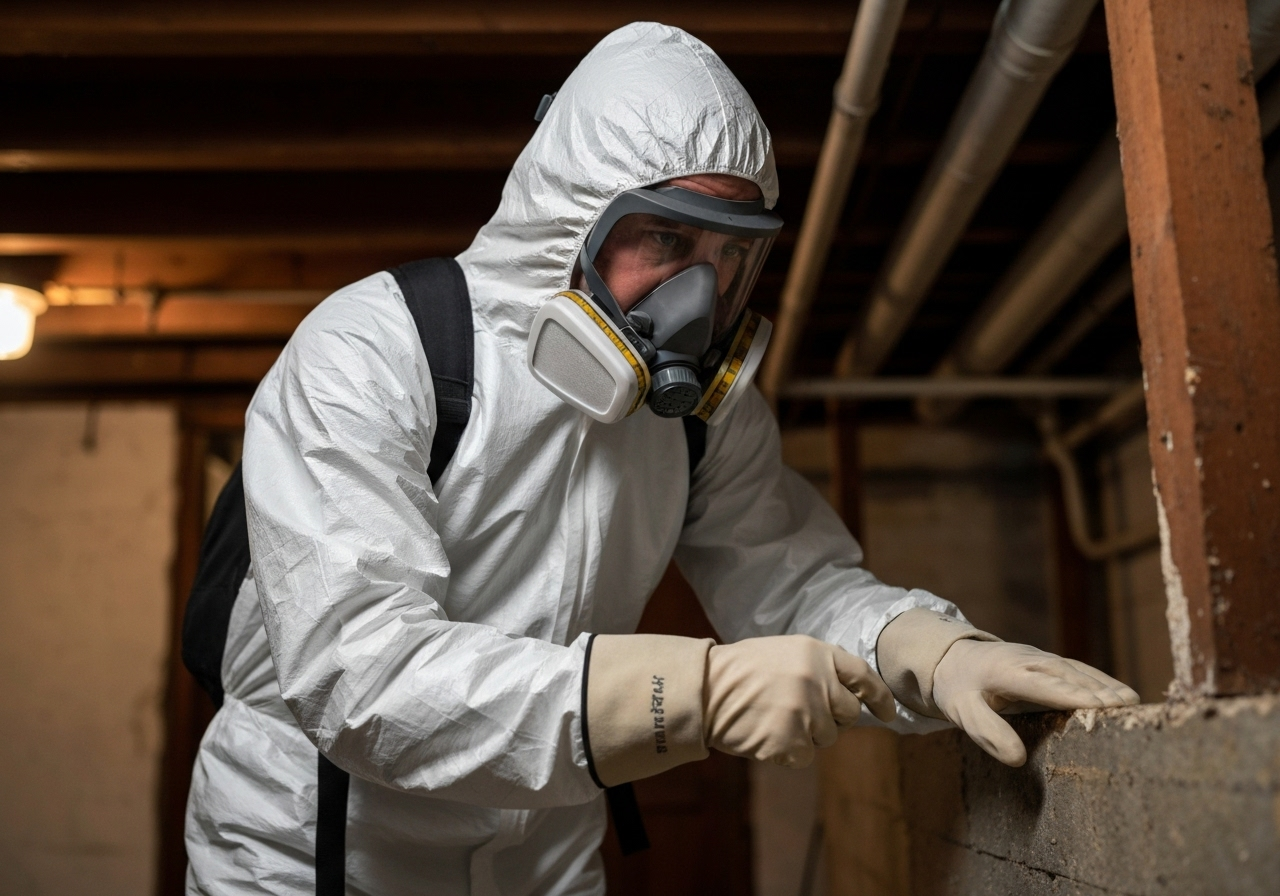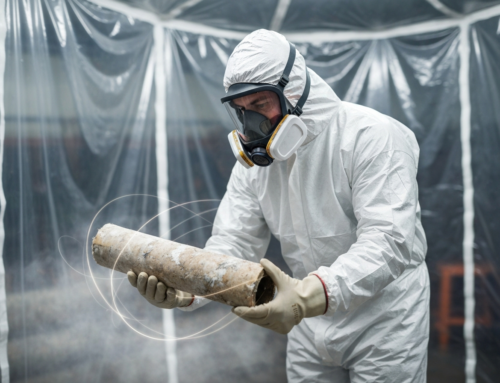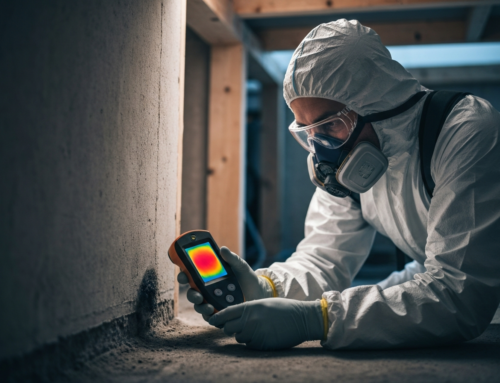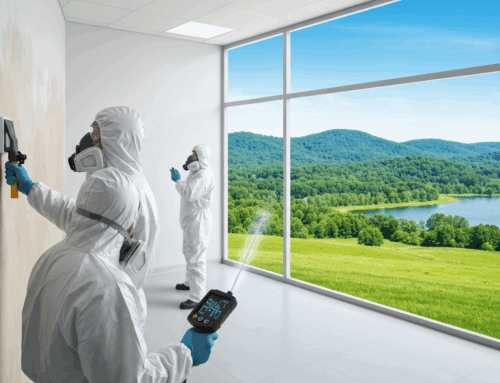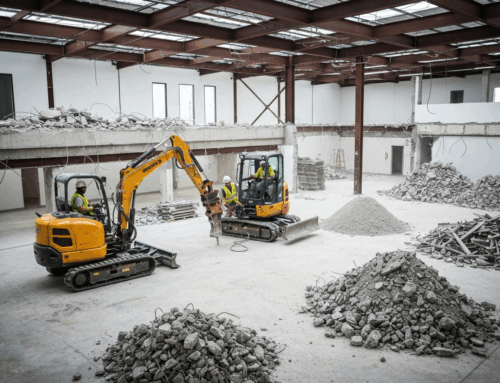Navigating Asbestos: Your South Carolina Compliance and Safety Guide
Ensuring the safety of your property and its occupants requires a thorough understanding of hazardous materials, particularly asbestos. As a homeowner, property manager, or contractor in the Palmetto State, staying informed about South Carolina asbestos removal regulations 2025 is not just a recommendation, it’s a legal and ethical imperative. These regulations are designed to protect public health from the severe risks associated with asbestos exposure, a commitment Piedmont Quality Air shares deeply. Our goal is to empower you with the essential knowledge needed for safe, compliant, and effective asbestos management and removal, ensuring your environment is healthy and secure.
The Hidden Danger: Why South Carolina Homes and Businesses Need Asbestos Awareness
Asbestos is a naturally occurring fibrous mineral that was once widely used in construction and manufacturing due to its heat resistance and insulating properties. Despite its utility, exposure to asbestos fibers can lead to debilitating and often fatal diseases such as mesothelioma, asbestosis, and lung cancer. These diseases often have a long latency period, meaning symptoms may not appear until decades after initial exposure, making early awareness and prevention critical. For South Carolina properties built before the 1980s, the likelihood of finding asbestos-containing materials (ACMs) is high, posing a significant, silent threat during renovations, demolitions, or natural disasters.
Understanding the health risks associated with asbestos highlights why strict adherence to regulations and safe handling practices is so critical today, preventing future generations from facing similar health challenges.
Understanding South Carolina Asbestos Removal Regulations 2025
Both federal and state laws govern asbestos handling, removal, and disposal to safeguard public health and worker safety. In South Carolina, the Department of Health and Environmental Control (SCDES) is the primary regulatory body overseeing asbestos activities. The South Carolina Code of Laws, specifically Title 44, Chapter 87, outlines the stringent requirements for asbestos abatement entities, projects, and licensing. These comprehensive South Carolina asbestos removal regulations 2025 mandate specific procedures for inspections, notifications, and the actual removal process, underscoring the state’s commitment to mitigating asbestos-related risks.
Federal and State Regulatory Framework
Key federal agencies like the Environmental Protection Agency (EPA) and the Occupational Safety and Health Administration (OSHA) also have significant roles. EPA regulations, particularly 40 CFR Part 61, Subpart M, set national emission standards for renovation and demolition projects, while OSHA’s §1926.1101 covers workplace safety. South Carolina’s regulations often complement these federal guidelines, requiring licensed professionals for all asbestos-related projects.
Key Regulatory Requirements for SC Property Owners and Managers
Property owners and managers in South Carolina must be aware of several critical regulatory requirements when dealing with asbestos:
- Asbestos Project License: Any entity performing asbestos abatement must obtain an asbestos project license from SCDES for each project, with fees based on the volume of asbestos involved.
- Inspection Requirements: Asbestos testing is required, especially for thermal system insulation, as per Regulation 61-86.1, Section VI.D.2. A formal written inspection report detailing findings and sample results is mandatory for new construction, renovations, and demolitions.
- Friable vs. Non-Friable Materials: SCDES distinguishes between friable (easily crumbled, releasing fibers) and non-friable (more stable) asbestos-containing materials. Friable ACMs, such as pipe insulation, must be removed by licensed personnel before disturbance during renovation or demolition. Even non-friable materials that may become friable during removal are subject to the same strict regulations, including training, licensing, and notification requirements. Learn more about friable and non-friable asbestos-containing materials from SCDES.
- Notification: Before any renovation or demolition involving asbestos, property owners or their contractors must provide proper notification to SCDES.
- Penalties for Non-Compliance: Violating these regulations can result in substantial civil penalties, potentially up to ten thousand dollars per violation.
Navigating these regulations requires precision and expertise to avoid severe legal and health repercussions. For a comprehensive guide on demolition and asbestos regulations in South Carolina, refer to our guide on Navigating SCDES Asbestos Demolition Regulations.
The Professional Approach: Why DIY Asbestos Removal is Risky in South Carolina
Given the severe health risks and complex regulatory landscape, attempting to remove asbestos-containing materials yourself is strongly discouraged. South Carolina law explicitly requires licensed professionals for these procedures. Without proper training, specialized equipment, and adherence to strict safety protocols, DIY removal can:
- Significantly increase the risk of airborne asbestos fiber release.
- Contaminate your property and surrounding areas.
- Lead to improper disposal, causing environmental harm.
- Result in hefty fines and legal liabilities.
Engaging certified asbestos abatement professionals like Piedmont Quality Air ensures that all procedures are performed safely and legally, protecting both your health and your investment.
The Asbestos Abatement Process: From Inspection to Clearance in SC
A professional asbestos abatement process typically follows a structured approach to ensure maximum safety and compliance:
- Initial Inspection and Testing: A licensed inspector will survey the property to identify potential ACMs and take samples for laboratory analysis.
- Containment: The work area is sealed off using plastic sheeting and negative air pressure systems to prevent asbestos fibers from spreading.
- Removal: Trained and licensed professionals, equipped with personal protective equipment (PPE), carefully remove the ACMs using wet methods to minimize fiber release.
- Disposal: Removed asbestos waste is double-bagged, sealed, labeled, and transported to an approved landfill specializing in hazardous waste.
- Cleaning and Clearance Air Monitoring: After removal, the area is thoroughly cleaned. Independent air monitoring is conducted to ensure airborne fiber levels are below acceptable limits before re-occupancy.
This meticulous process ensures that all asbestos is safely contained and removed, providing peace of mind for property owners.
Choosing Your Trusted Partner: What to Look for in an SC Asbestos Removal Company
Selecting the right asbestos removal company in South Carolina is crucial for ensuring safety, compliance, and effective remediation. When evaluating potential partners, consider the following:
- Licensing and Certification: Verify that the company holds all necessary state and federal licenses and certifications for asbestos abatement.
- Experience: Look for a company with a proven track record in handling various asbestos projects, from residential properties to commercial facilities.
- Insurance: Ensure they carry comprehensive liability insurance to protect you from any unforeseen issues.
- Adherence to Regulations: A reputable company will be intimately familiar with and strictly adhere to all South Carolina asbestos removal regulations 2025 and federal guidelines.
- Safety Protocols: Inquire about their safety plan, containment procedures, and employee training.
- Comprehensive Services: The best companies offer a full range of services, from initial inspection to final clearance.
- Emergency Response: After severe weather events like hurricanes or floods, disturbing materials can release asbestos. Choose a company experienced in post-disaster remediation to ensure safety, as highlighted by the South Carolina Department of Environmental Services.
Ensure Safety and Compliance: Contact Piedmont Quality Air for a Free Estimate
Navigating the complexities of asbestos removal requires expert knowledge and adherence to strict safety protocols. Piedmont Quality Air is committed to protecting the health and safety of South Carolina communities through professional, compliant, and efficient asbestos abatement services. With experienced and trained professionals, specialized equipment, and a steadfast commitment to federal and state regulations, we ensure all hazardous material removal is handled with the utmost care. Partnering with a qualified expert provides not only safety but also peace of mind, knowing your property is in capable hands.
Enjoyed this article? Visit our Contact Us page to learn more about how we can help!

